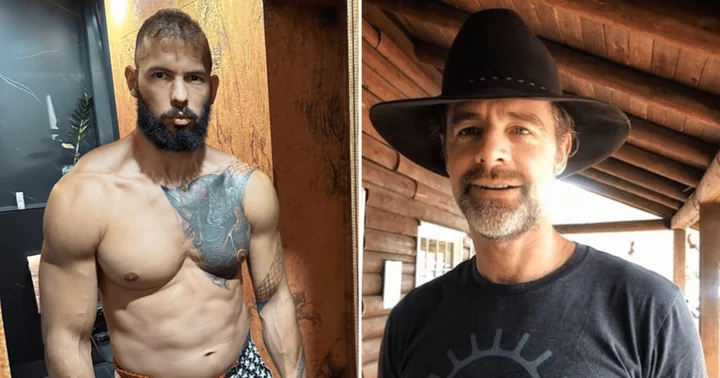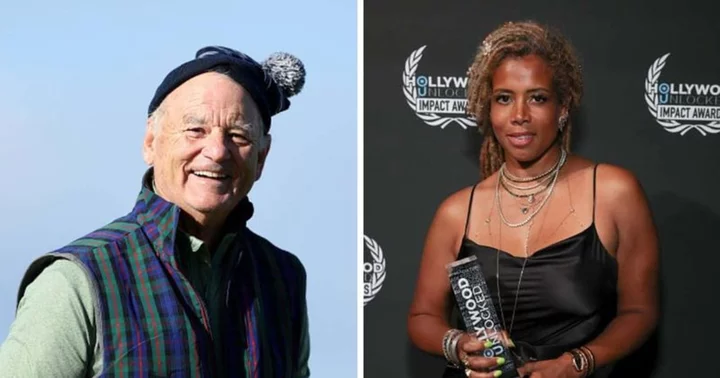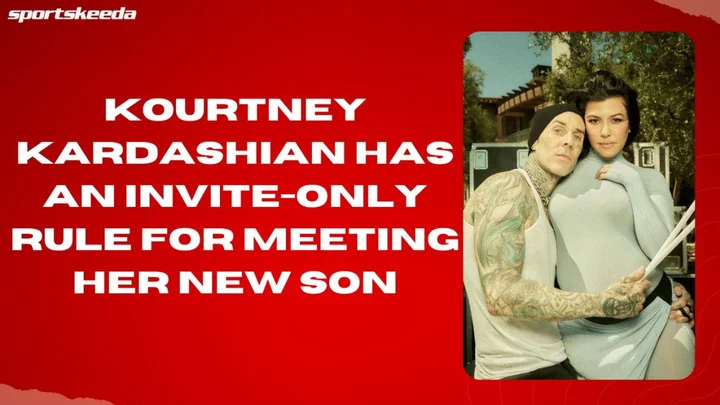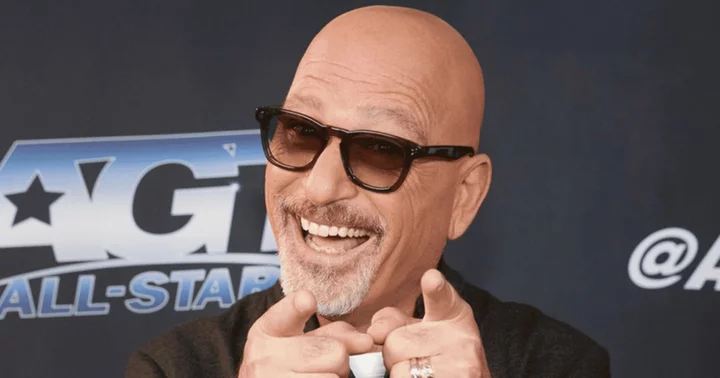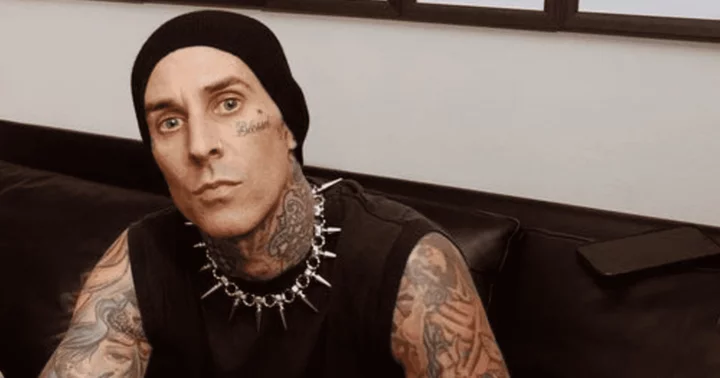BUCHAREST, ROMANIA: Andrew Tate, the renowned and problematic influencer, has consistently expressed a strong aversion towards the notion of depression.
Yet, during his recent discussion with the therapist and retired Canadian actor David Sutcliffe, Tate unveiled the underlying reasons for his insecurities.
In a surprising turn of events, Sutcliffe, leveraging his therapeutic expertise, skillfully guided Tate on a path of self-exploration and comprehension.
The interviews with Tate have been marked by intriguing revelations. Notably, Andrew Tate's conversation with Tucker Carlson stands out as a pinnacle in his career, amassing an impressive 107 million views to date on the platform 'X'.
This exchange has secured its position as Top G's most triumphant interview, capturing the attention and engagement of a vast audience.
Is Andrew Tate insecure?
In the video shared on platform 'X' by user Tate News, Sutcliffe initiated the conversation by mentioning that the perspective could vary based on the nature of energy.
He then proposed the notion that arrogance could potentially serve as a mask for underlying insecurities. He posed a question, inquiring if there were areas in which one might feel insecure.
Tate responded by expressing that these were inquiries he hadn't encountered before. He pondered on the idea, questioning himself about potential insecurities.
He also shared an intriguing aspect of his personality, indicating that he refrained from engaging in activities he wasn't proficient at.
Expanding on his approach, Tate went on to mention his refusal to partake in tasks he deemed himself unskilled.
He elaborated on his strategy of enlisting others who excel in those areas or delegating those tasks in exchange for value. He emphasized that this approach defined his entire way of life.
In response, Sutcliffe inquired into the reasoning behind this behavior. He speculated whether it was due to a fear of appearing inadequate or unskilled in the eyes of others.
Tate countered by asserting that his perspective wasn't emotionally driven but rooted in logic. He expressed his viewpoint, stating that he strategically organized his day around activities he excelled in.
He used the example of putting on boxing gloves after the conversation to illustrate his mindset of excelling in what he undertook.
He attributed his enjoyment to his proficiency in tasks and detailed his strategy of focusing solely on his strengths to maintain a competitive edge. He suggested that tasks he wasn't adept at could be tackled by individuals who were skilled in those domains.
Sutcliffe continued the discourse by pointing out Tate's tendency to rationalize his behavior. He acknowledged that rationalization often served as a defense mechanism.
In response, Tate acknowledged that his entire framework and worldview were constructed through a substantial process of rationalization. He admitted that while rationalization was a powerful tool, it had limitations as not everything in life could be rationalized.
He conceded that despite his rational approach, he was not devoid of emotions. He acknowledged Sutcliffe's observation that he did indeed experience feelings.
Tate said, "These are questions he has never been asked before. But I don't, OK, so what am I insecure about? This is another point. And maybe this is a personality characteristic, which is interesting. I don't do anything I'm bad at ever. I refuse to do anything I am bad at. If I'm bad at it, I hire someone else to do it, or I find someone else who's good at it, and I offer value to them to do it. I don't do any, my entire reality."
He continued, "No, I don't think it's emotional. I think it's purely logical. I'm thinking about my day. Every single thing I do are the things I am absolute best at. If I, I'll put boxing gloves on after this, and I'll go fight, and I'll beat everybody. I'll destroy everyone. And I think I only enjoy things that I'm good at."
He also said, "And I also think that if I have X amount of hours in the day, the way I can be the most competitive, most fearsome predator is to spend all of my waking time doing things I'm the best at, and leave things I'm not good at to the other people who perhaps are good at them. It's all my entire framework, and how I view the world has all been one massive rationalization. And it's let me build a reality, which is exactly what I want it to be. You must know that that has limitations, because you can't rationalize everything. That's not what life is, right?"
He continued, "There's other layers of reality that the mind does not understand. And just because I rationalize things doesn't mean I don't feel things. But, yeah. I know you feel things. Yeah, I feel things."
Andrew Tate discusses his mindest with David Sutcliffe
In a tweet posted on his 'X' platform, Tate encouraged his followers to view his interview with Sutcliffe by indicating that he and Sutcliffe had explored the mental framework that played a role in shaping Tate's current identity.
He characterized the interview as an exceptionally educational experience, emphasizing its potential for insight and learning.
Tate wrote, "Me and David delve into the mindset that made me who I am today.
Extremely educational watch. Watch it below:"
Andrew Tate's fans call him a 'good man'
After Tate openly acknowledged experiencing emotions and insecurities, numerous users stepped forward to share their perspectives.
One user wrote, "He's a good man." Another user wrote, "Guy asking questions is annoying lol." A user stated, "A bada** mfer G."
Another user commented, "For anyone that’s interested in personal growth, this is a must watch. Very good insights and makes you ask questions about yourself as well."

